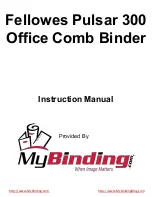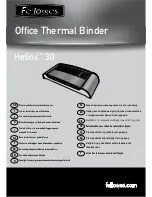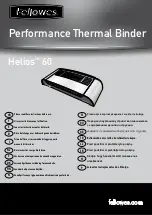Pfaff Synchromatic 1215, Instruction Book
The Pfaff Synchromatic 1215 Instruction Book is a comprehensive manual that guides users on operating and maximizing the performance of their sewing machine. Download this essential guide for free from manualshive.com, ensuring you have all the necessary information at your fingertips to make your sewing experience seamless and enjoyable.

















